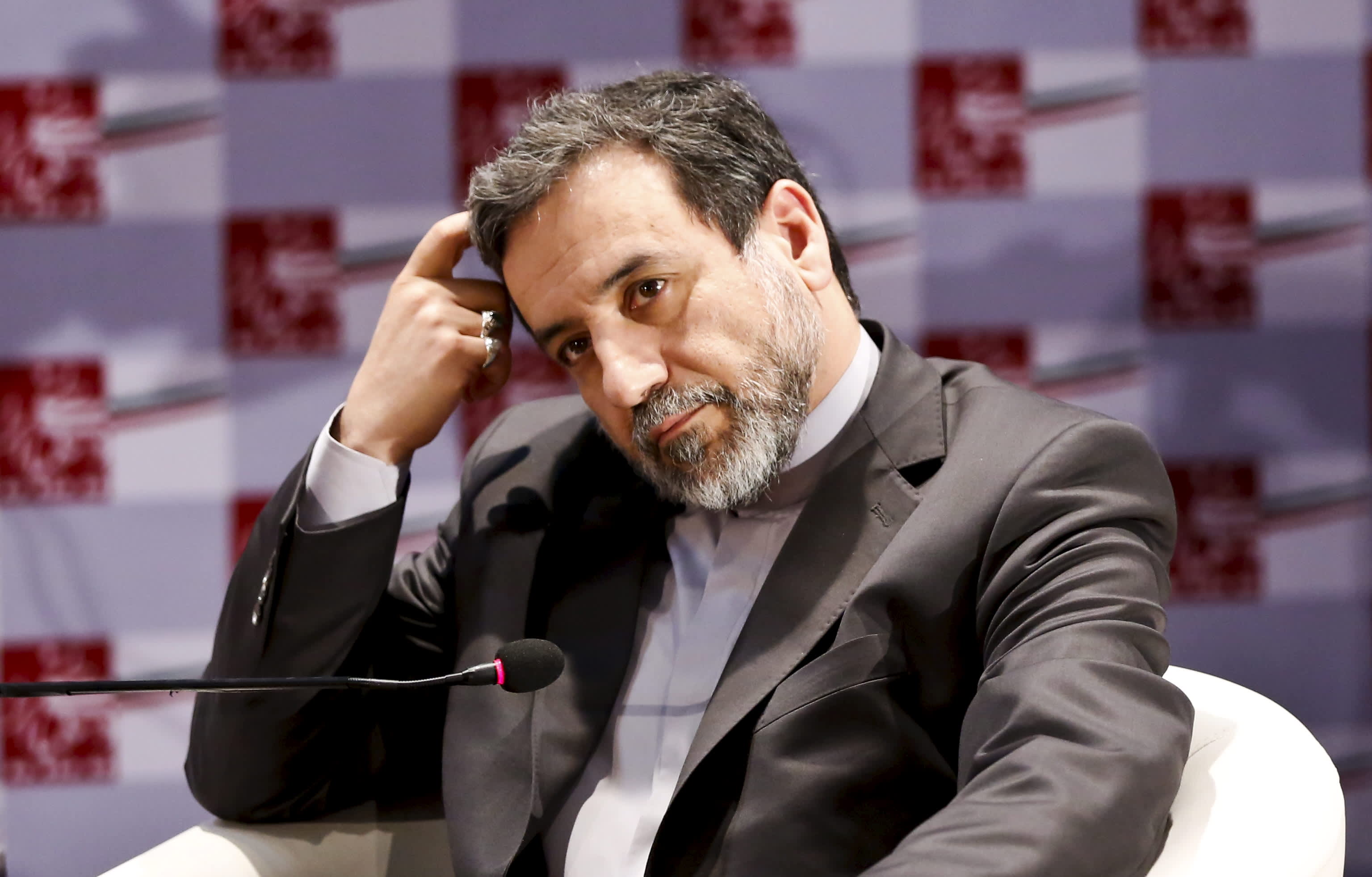WASHINGTON – Iran will begin enriching uranium at 60%, a significant step towards weapons-grade material, in response to the attack at a key nuclear site, the country’s top nuclear negotiator told state media on Tuesday.
Iran’s deputy foreign minister Abbas Araqchi said he informed the International Atomic Energy Agency, which oversees the monitoring and inspection of nuclear sites, of Tehran’s decision. An estimated 90% of enriched uranium is needed to develop a bomb.
The move comes two days after Tehran said its underground Natanz atomic facility experienced a blackout. The Natanz facility has been previously targeted by cyber attacks.
Iran’s Ali Akbar Salehi, the head of the Atomic Energy Organization of Iran described the event on Sunday as an act of “nuclear terrorism.” A day later, Iran formally accused Israel of being behind the attack and vowed revenge.
Read more: Iran calls Natanz atomic site blackout ‘nuclear terrorism,’ Israeli media indicate a cyberattack
The blackout at Natanz coincided with Secretary of Defense Lloyd Austin’s arrival in Israel for meetings with Prime Minister Benjamin Netanyahu and Defense Minister Benny Gantz.
The Israeli government has not publicly commented on the incident. The White House on Monday said the United States was not involved in the attack.
Iran’s decision to increase its enrichment of uranium comes as the Biden administration works to revive the 2015 Joint Comprehensive Plan of Action, or JCPOA, nuclear agreement.
The JCPOA, brokered by the Obama administration, lifted sanctions on Iran that had crippled its economy and cut its oil exports roughly in half. In exchange for billions of dollars in sanctions relief, Iran agreed to dismantle some of its nuclear program and open its facilities to more extensive international inspections.
Alongside the United States, France, Germany, the U.K., Russia and China were also signatories of the agreement.
In 2018, then-President Donald Trump kept a campaign promise and unilaterally withdrew the United States from the JCPOA calling it the “worst deal ever.” Trump also re-introduced sanctions on Tehran that had been previously lifted.
Following Washington’s exit from the landmark nuclear deal, other signatories of the pact have struggled to keep the agreement alive.
